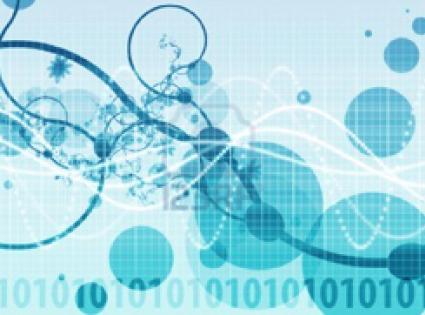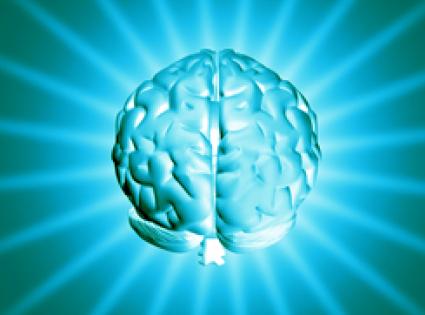Aims and Competencies
 Aims of the degree
Aims of the degree
Studies in Logic and Philosophy of Science are characterized by particular awareness of current problems related to knowledge, sciences and technology. The main goal of the Master’s Degree is to further the knowledge of present day problems related to knowledge, sciences and technology from the different perspectives of Logic and Philosophy of Science and its related disciplines. This overall purpose is to be achieved through the following specific aims:
- The study of argument, its assessment and conflict resolution, with special emphasis on problems related to rationality and discourse as practical areas of cultural criticism and mediation.
- The study of logic and its role in fields such as mathematics, different ITs, artificial intelligence, or philosophy and linguistics, among others. The study of science and technology, their development, implementation and the social assessment of both their impact and their history.
- The study of the relationship between language and the world, cognitive models and their implementation in the field of artificial intelligence, problems related to communication, and mental representation theories.
Basic skills
BS6. To have a strong knowledge base that allows them to innovate in the development and/or implementation of ideas, especially for research purposes.
BS7. The ability to apply the knowledge they have acquired and their ability to solve problems in new or little known areas within wider (or multidisciplinary) contexts related to their field of study.
BS8. The ability to integrate knowledge and deal with the complexities of forming opinions based on incomplete or limited information, including reflections on social responsibilities and ethics.
BS9. The ability to clearly and unambiguously communicate conclusions and the knowledge and reasons behind them to specialized and non-specialized audiences.
BS10. Learning skills to carry out further studies and research in a self-directed and autonomous way.
General skills
GS1. Students should be able to produce readable, detailed and technically correct documents and research work that meets the current international standards for the disciplines.
 Specific skills
Specific skills
SS1. The ability to identify traditional and current knowledge specific to the field of logic and philosophy of science, as well as the different trends of thought and tradition involved.
SS2. Mastery of the analytical tools provided by philosophy to facilitate the clear identification of the semantic, logical, epistemological, ontological, axiological and ethical factors that are present in science and technology.
SS3. The ability to assess disputes, considering and overviewing alternatives to decide upon the better justified and reasoned parts.
SS4. To be able to identify arguments as they appear in texts, dialogues and discussions, assessing their accuracy, acceptability and persuasiveness.







